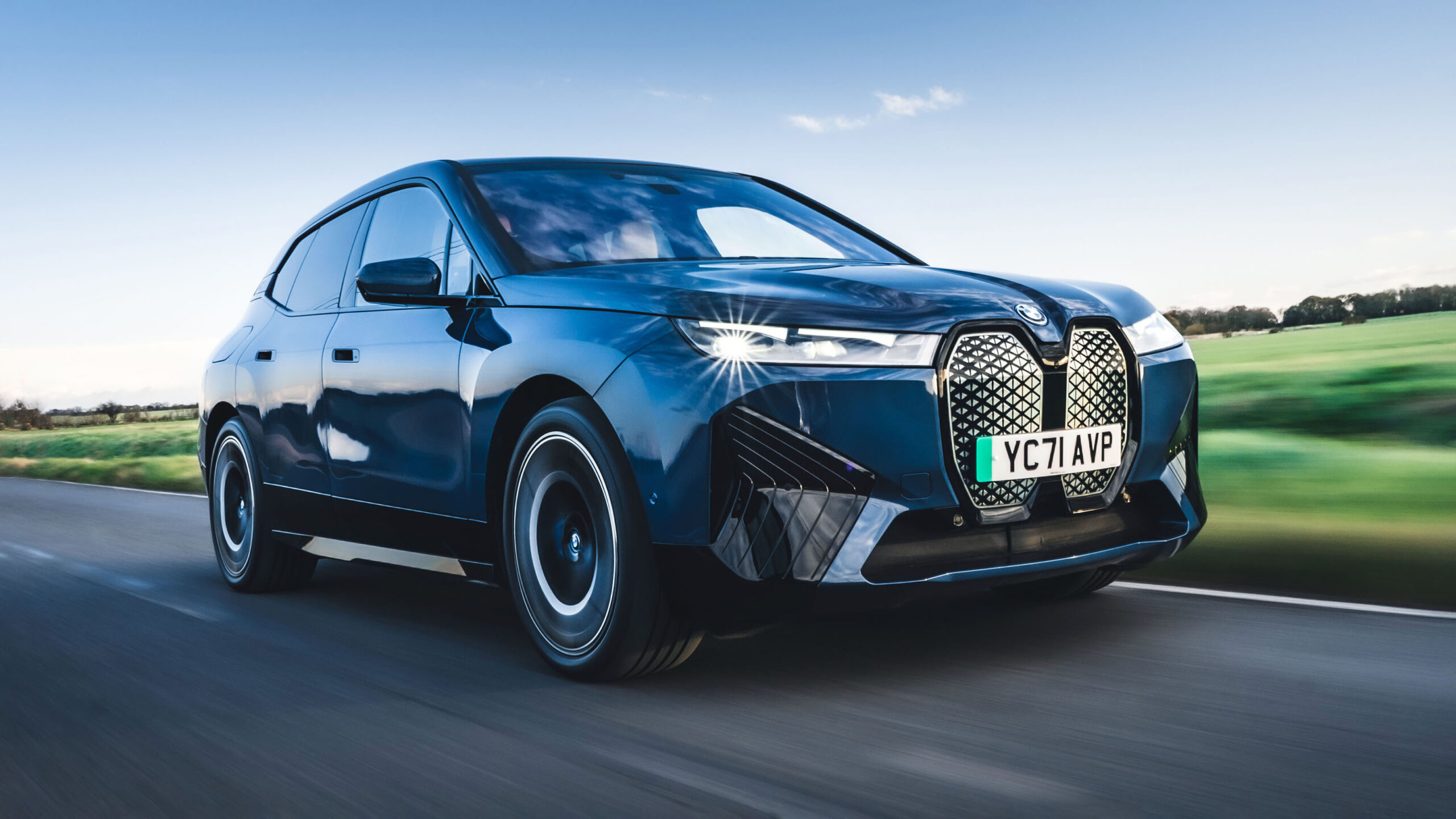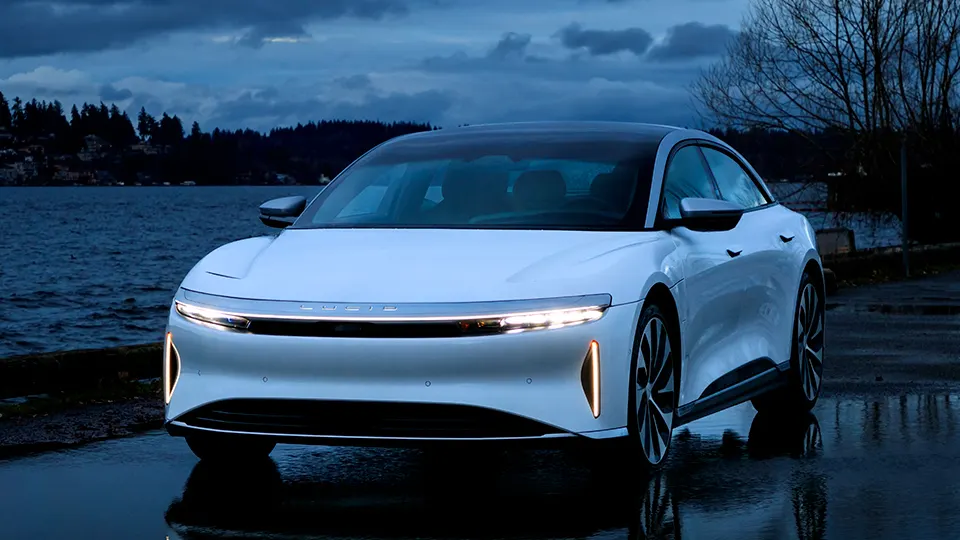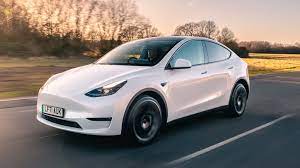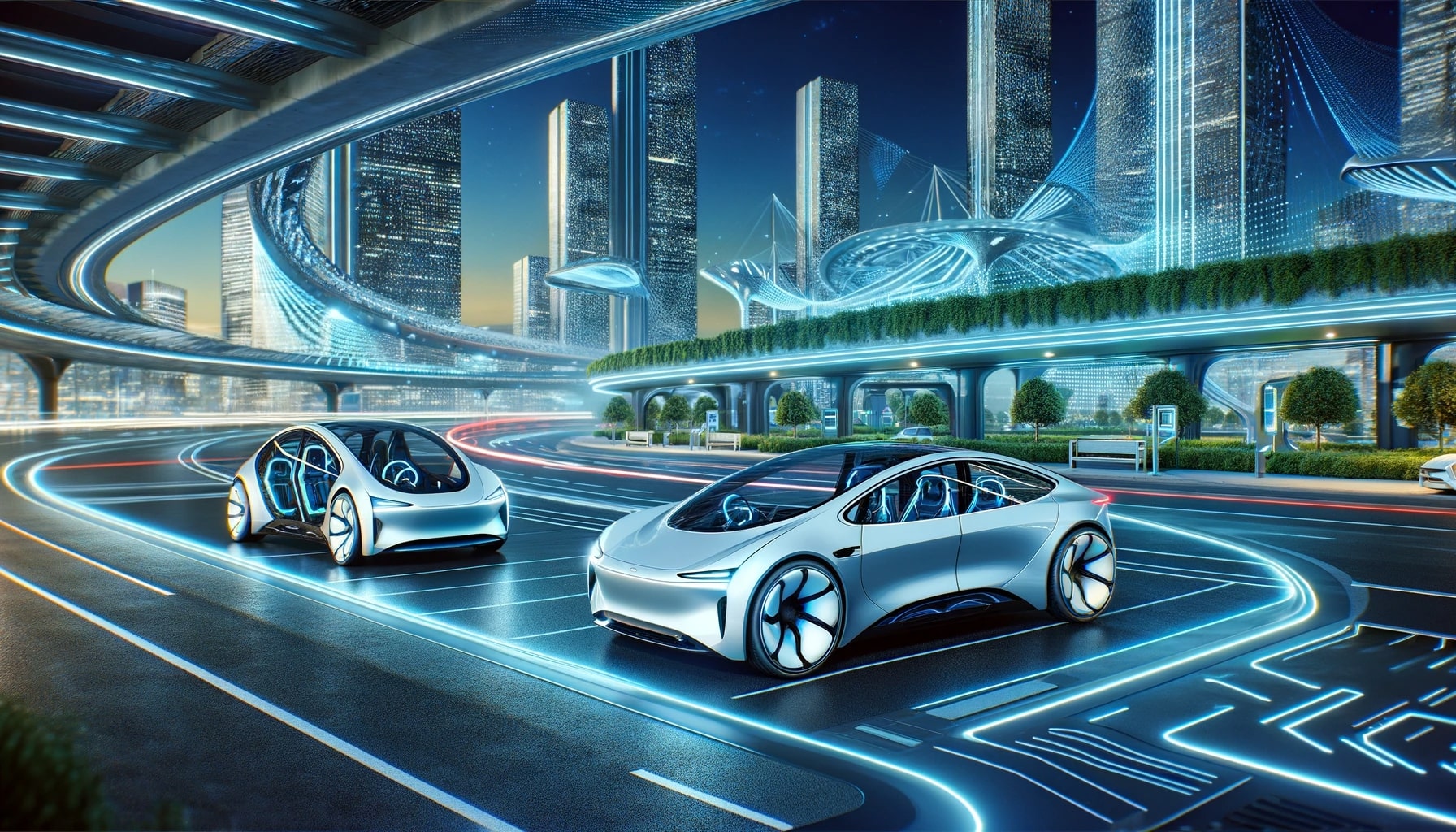Electric cars are gaining popularity rapidly, offering various advantages and disadvantages compared to traditional gasoline-powered vehicles. Electric cars offer several advantages, such as reduced environmental impact, lower operating costs, government incentives, improved air quality, and quieter driving. They also benefit from advancements in battery technology, which makes them more affordable and longer-range.

However, there are downsides to electric cars. They typically have a limited driving range, high upfront costs, and longer recharge times. Charging infrastructure can be limited, and the battery degrades over time, reducing performance. Additionally, the current model options are limited, and they may not perform well in cold weather. Lastly, electric cars have a high initial cost, and finding charging stations for long trips can be challenging.
What is the Biggest Problem with Electric Vehicles?
The most significant issue with electric vehicles (EVs) is a combination of factors that hinder their widespread adoption. While EV technology has made significant progress, several key challenges remain:
Lack of Charging Infrastructure: One of the most critical problems is the insufficient charging infrastructure. Unlike the extensive network of gas stations, EV charging stations are limited in number, especially in rural areas. Congress has taken steps to address this issue, but it’s still a significant barrier to EV ownership, particularly for those without home charging options.
Range Anxiety: Many potential EV buyers are concerned about range anxiety. Despite improvements in EV range, the fear of running out of charge during longer trips persists due to a patchy charging network and inconsistent range indicators on EVs. Addressing this issue requires further investment in charging stations and longer-range battery technology.
Charging Speeds: While charging stations are becoming more available, the time it takes to charge an EV is still longer than refueling at a gas station. Additionally, not all EVs support the same level of fast charging, leading to inconsistencies and inconvenience for users.

Affordability: EVs tend to be more expensive than traditional gas cars, which can deter budget-conscious buyers. The price gap needs to narrow to make EVs more accessible to a broader range of consumers.
Battery Degradation: Concerns about the longevity of EV batteries exist, with worries about how much they will degrade over time. This uncertainty can affect resale value and the overall lifespan of EVs.
Extreme Temperatures: EVs are less efficient in extreme temperatures, with colder climates significantly impacting range and charging times. Finding solutions to maintain EV performance in adverse weather conditions is crucial.
Energy Sources: While EVs produce no tailpipe emissions, the electricity used to charge them often comes from non-renewable sources like coal and natural gas. Transitioning to cleaner energy generation is essential to maximize the environmental benefits of EVs.
Environmental Impact of Mining: The production of EV batteries relies on minerals like lithium and cobalt, which can have adverse environmental impacts, including contamination and resource depletion.
Battery Disposal and Recycling: As more EVs reach the end of their usable lives, the recycling and disposal of lithium-ion batteries become a significant concern. Developing cost-effective recycling methods is necessary to avoid environmental consequences.
High Repair Costs: Repairs on damaged EVs, particularly battery-related issues, can be expensive. This can lead to higher insurance costs and potential challenges with older EVs.
How Safe are Electric Cars?
Electric cars, often a subject of safety concerns, are shown to be on par with internal combustion engine (ICE) vehicles in safety ratings. Manufacturers subject their electric vehicles (EVs) to rigorous crash tests by independent safety bodies like Euro NCAP. Notably, the Tesla Model Y achieved the highest safety rating. EVs are designed to meet the same high safety standards as ICE cars, and experts confirm their safety. These vehicles feature advanced safety technologies, such as automatic emergency braking and lane-keeping assist.
Concerns about charging safety are addressed by using wall box chargers and ensuring proper sealing for rainy conditions. In terms of accidents, EVs are built with strong structures, crumple zones, and airbags, making them safe for occupants. However, there is a minor safety consideration related to regenerative braking, which could potentially offer a slight advantage in accident avoidance. Overall, electric cars are as safe as their traditional counterparts, with rigorous testing and safety features ensuring their safety in collisions.
What is the Problem with Electric Car Batteries?
The problem with electric car batteries is multifaceted and includes various environmental and social concerns.
Firstly, the production of lithium-ion batteries, which are commonly used in electric vehicles (EVs), raises several issues. This includes labor practices for mining cobalt, as it often involves hazardous conditions and child labor, especially in the Democratic Republic of the Congo. Additionally, the environmental impacts of extracting lithium are significant, with water depletion, contamination, and habitat disruption being major concerns.

Secondly, the supply of materials for EV batteries poses a challenge. These batteries require rare materials like lithium, cobalt, and manganese, which can be difficult to source sustainably due to their scarcity and environmental impact.
Thirdly, the carbon emissions from battery manufacturing processes can be substantial. The energy-intensive procurement of raw materials and the manufacturing of batteries contribute to higher carbon emissions compared to gasoline cars, despite EVs being emission-free during operation.
Fourthly, toxic waste is generated from the disposal of used batteries, posing risks to the environment and public health.
While electric vehicles are a more sustainable option than traditional gasoline cars during their operational life, these challenges in battery production need to be addressed to ensure a truly eco-friendly transportation solution. Efforts are being made to make battery production more sustainable and transition to cleaner energy sources, as well as exploring alternatives like lithium iron phosphate (LFP) batteries that use more readily available materials and have fewer environmental concerns. Additionally, improving recycling and disposal processes for EV batteries is crucial for reducing their long-term environmental impact.
What are the Risks of Electric Car Charging?
The electric vehicle (EV) charging industry faces various challenges, including battery failures, regulatory changes, and technology advancements. Three levels of charging stations exist, with level 3 being the fastest. EV charging stations can be installed in various locations, but most owners prefer home charging. Asian countries like China, India, and Taiwan dominate the EV charging station market.
Risks associated with EV charging stations include fire hazards, electric shocks, cybersecurity threats, and collisions with pedestrians and vehicles. To mitigate these risks, proper maintenance, fire protection, and cybersecurity measures are essential. Additionally, noise-emitting systems help reduce collisions due to the quietness of EVs.
Are EV Batteries Bad for the Environment?
Electric vehicle (EV) lithium-ion battery packs, composed of costly and sometimes toxic materials like lithium, nickel, cobalt, and copper, raise environmental concerns. The extraction of these rare materials, manufacturing processes, and disposal all present environmental challenges.
While EV battery production isn’t yet fully sustainable, their clean operation during the vehicle’s lifespan compensates for initial environmental impacts. The industry must strive for more sustainable battery production and transition to clean energy sources. Drivers increasingly prioritize reducing CO2 emissions, making electric vehicles more popular. However, the environmental impact of EV batteries and their raw materials is often underestimated.
The complex components contain rare elements like lithium, cobalt, and manganese, requiring intensive mining and polluting processes. Lithium extraction, mainly from South America and China, consumes groundwater and leaves toxic residues. Cobalt, a main component, has toxic byproducts and labor issues in mines. Manganese, often overlooked, can cause air pollution and soil contamination. To address these concerns, manufacturers are exploring alternatives like lithium iron phosphate (LFP) batteries, which use iron instead of cobalt, although they have lower energy density.
Sustainable EV batteries depend on sourcing, recycling, and improving working conditions throughout their lifecycle. While not yet fully sustainable, EVs are more eco-friendly than gas-powered vehicles. Government and industry initiatives promote EV adoption to combat climate change, with some automakers planning to transition entirely to electric vehicles by 2030.










